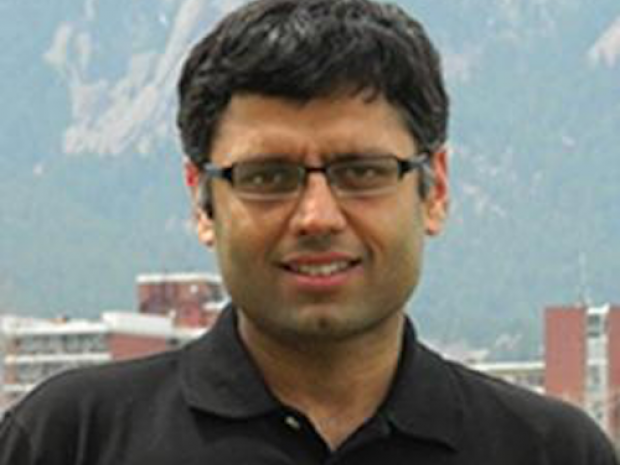Quantum Biology: A new paradigm for precision medicine?

Prashant Nagpal
University of Colorado at Boulder
Current medical diagnosis and treatment techniques identify symptoms rather than the molecular cause of diseases and leads to the development of imprecise medicine. A recent analysis showed that for ten highest-grossing drugs in the United States, for every person they help, they fail to improve the conditions of between 3 to 24 people. This leads to massive healthcare costs and needless human pain and suffering can be avoided by developing more precision molecular biomarkers that identify new targets for vaccines and therapy. In this talk, I will address recent advances made in my group in developing tools in “Quantum Biology,” a set of molecular spectroscopic techniques and quantum-confined materials addressing molecular and nanoscale material interactions to develop transformative solutions for detection, diagnosis, and treatment of diseases. First, I will describe the development of complementary single-molecule sequencing techniques in my group: Quantum Molecular Sequencing (QM-Seq), Quantum point contact conductance sequencing (QPICS), and Block optical sequencing (BOS). These techniques based on nanoelectronic (QM-Seq and QPICS) and nanophotonics spectroscopy, represents a paradigm shift in traditional sequencing methods based on sequencing-by-synthesis, towards a combined genomics, transcriptomics, and epigenomics method. I will describe how using simple surface treatments, perturbing the pH, new biophysical parameters, and using machine-learning algorithms (or artificial intelligence techniques), we developed unique fingerprints for molecular orbitals and detected different nucleobase biochemistry and modifications. Towards novel precision therapeutics, I will describe how my group is developing highly-selective nanotherapies using quantum-confined sem i c o n d u c t o r nanomaterials, and use p r e c i s e l y t a i l o r e d molecular interactions in the cellular environment, t o d e v e l o p t a r g e t e d therapeutics to eliminate m u l t i - d r u g r e s i s t a n t pathogens and address the burgeoning problem of a n t i m i c r o b i a l drug-resistance.

